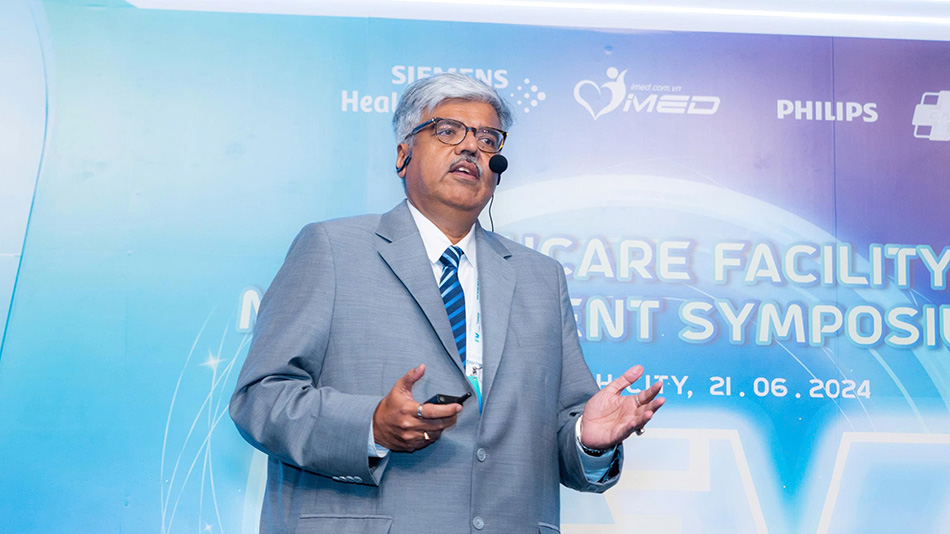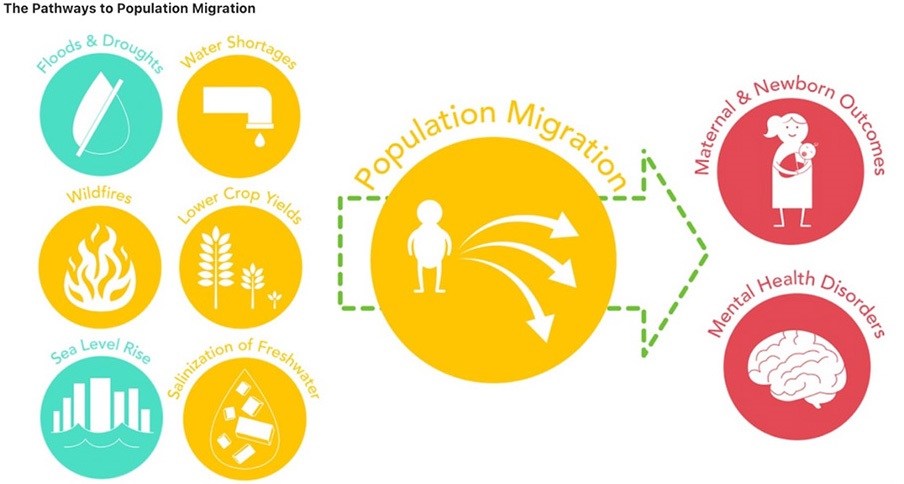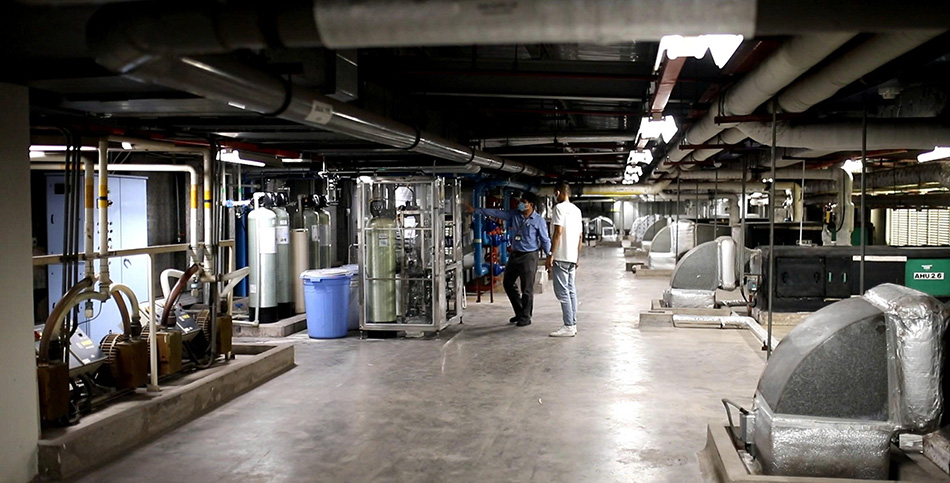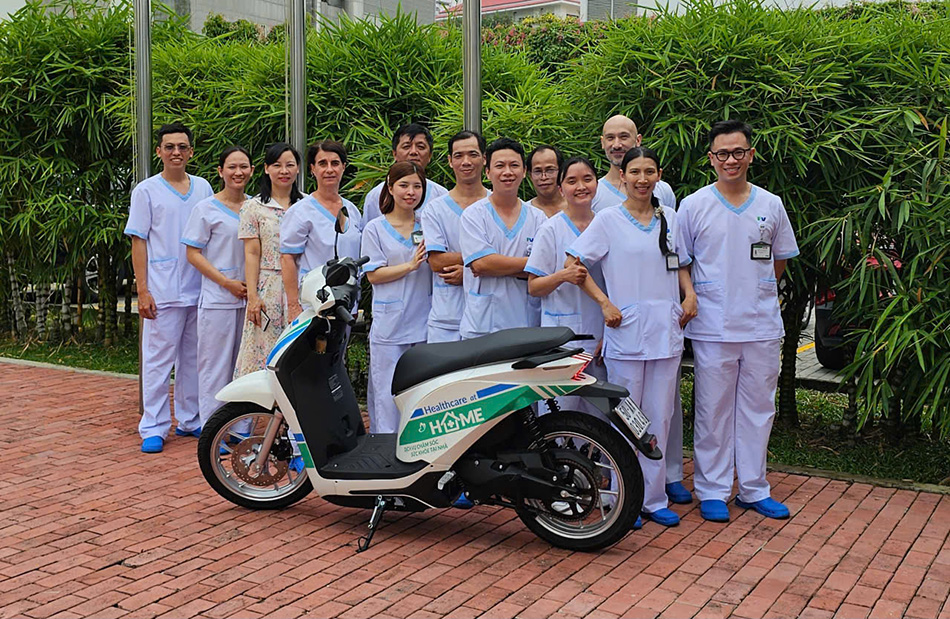Climate change presents one of the most pressing challenges of the 21st century, with far-reaching implications for public health. In response, FV Hospital has introduced targeted action strategies to reduce its environmental footprint through practical initiatives. As shared by Mr Monojit Mitra, Facility and Biomedical Director, FV is committed not only to delivering high-quality patient care but also to implementing sustainable solutions that support environmental protection – working in partnership with both the Vietnamese and international communities.
The Impact of Climate Change on Modern Healthcare
Climate change is having significant consequences for healthcare delivery. At FV Hospital, there has been a noticeable rise in climate-related illnesses, including heatstroke, respiratory conditions linked to air pollution, and mosquito-borne diseases such as dengue fever and the Zika virus, caused by the expanding habitats of disease-carrying vectors.

Mr Mitra proposes innovative Ideas inspired by scientific evidence, growing public awareness, regulatory and policy framework, market opportunities, CSR and technological advancements.
He explains that climate change has triggered a range of extreme weather events, including rising temperatures, floods, droughts, and storms, alongside worsening air pollution. Such environmental shifts are affecting crop yields, food security and nutrition, and water quality and availability, increasing population vulnerability. “These impacts have contributed to food shortages, poor sanitation, and most noticeably, an increase in the number of patients. This puts immense pressure on the healthcare system and demands that we adapt more rapidly,” he explained.

Chart illustrating the impact of environmental issues on maternal, child, and community mental health.
FV Hospital’s Commitment and Practical Actions
Recognising the healthcare sector’s vital role, FV Hospital has been implementing a range of solutions to support sustainable development.
A key area of investment is renewable energy, particularly solar power, to reduce both operational costs and greenhouse gas emissions.
“We see great potential in using solar PVs in hospitals – not only to reduce operational costs, but also to provide a stable energy source during peak times, such as heatwaves or power outages. This is part of FV Hospital’s emission reduction strategy – significantly reducing greenhouse gas emissions,” said Mr Mitra.

Optimising electricity usage has been implemented at FV for many years
One important area where significant energy can be saved is through the introduction of smart technology in the management of HVAC (heating, ventilation, air conditioning).
“Technological advancements such as smart thermostats, energy usage tracking through sensors and controls, variable frequency drives, energy and heat recovery ventilation systems and demand-controlled ventilation provide us with some of the smartest tools to adapt at FV Hospital and contribute towards energy management”, confirms Mr Mitra
Implementing strict medical waste segregation protocols and reducing reliance on single-use plastics.
“Our hospital generates a significant amount of waste, which, through robust recycling, composting, and waste reduction processes, can minimise landfill contributions and reduce methane emissions from waste decomposition,” affirms Mr Mitra.
- Promoting green transport among staff and visitors, with plans to develop infrastructure to support electric vehicles in the future.
- Expanding telemedicine services to reduce unnecessary travel.
These initiatives have been shaped in part by the “Sustainable Development Policy” of Thomson Medical Group and FV Hospital, as well as insights Mr Monojit gained from the international “Global Energy and Climate Policy” course at SOAS, University of London – a programme that underscores the responsibility of healthcare organisations and governments to address environmental challenges through practical actions and policies, both in clinical care and operational management.

FV Adopts Green Transport for Its Homecare Service
With strong commitment, expert guidance, and interdepartmental collaboration, FV Hospital is laying the foundation for its transition to becoming a green hospital. Initiatives such as energy optimisation, improved waste management, and community engagement not only enhance operational efficiency but also contribute to a healthier healthcare environment – for patients, the Vietnamese community, and the planet we all share.

 Vi
Vi 












